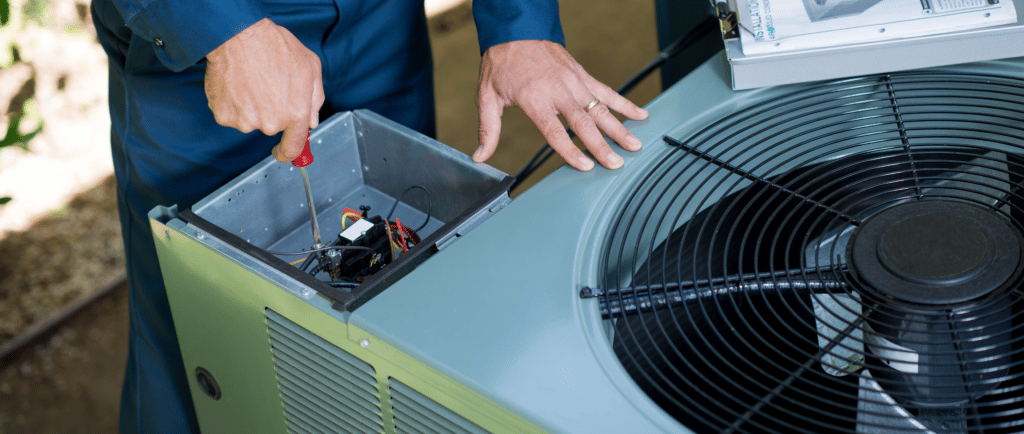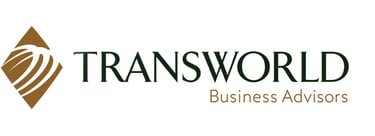How to Find the Right Buyers for Your Air Conditioning Business?
Practical strategies to identify the right buyers for your air conditioning business and secure a successful sale with confidence.
8/20/20254 min read


How to Find the Right Buyers for Your Air Conditioning Business?
Selling an air conditioning business is not just about deciding the right price; it’s equally about finding the right buyers who value the brand, operations, and future potential. Many business owners who plan to sell an Air conditioning business face challenges in connecting with the right people who not only have the financial strength but also share a vision for continued growth. A well-prepared strategy for buyer identification can make the transition smoother, reduce stress, and increase the likelihood of a successful sale.
The Importance of Targeting the Right Buyer
Not every potential buyer is a good fit for an air conditioning business. Some may only be interested in acquiring assets, while others may want to maintain staff, reputation, and market presence. A suitable buyer ensures continuity and preserves the legacy you’ve built over years of hard work. By focusing on quality prospects rather than entertaining every inquiry, sellers save valuable time and negotiate from a stronger position.
Assessing Who Your Ideal Buyer Is
Before you start marketing the sale, it’s essential to define the type of buyer you’re seeking. Every business is different, and the right buyer depends on your size, services, and long-term objectives.
Potential buyer types include:
Individual Entrepreneurs: Often motivated to take over a well-established company to enter the HVAC sector.
Industry Competitors: Looking to expand their market share and eliminate competition.
Private Equity Firms: Interested in investing in businesses with consistent cash flow.
Strategic Buyers: Companies in related fields, such as construction or property management firms, looking to expand their service offerings.
Family Members or Employees: Sometimes, the most natural successors as they who know the business inside out.
By clarifying who aligns with your goals, you can direct your energy toward meaningful conversations instead of casting too wide a net.
Preparing Your Business to Attract Buyers
The way your business is presented will determine the quality of buyers you attract. Preparation is more than paperwork; it’s about showing that your air conditioning business is profitable, reliable, and has growth potential.
Key steps include:
Financial Records – Ensure your accounts, tax returns, and profit statements are accurate and up to date.
Operational Processes – Document workflows and systems that make the business run smoothly.
Customer Contracts – Secure long-term service agreements to increase appeal.
Brand Reputation – Highlight customer satisfaction, reviews, and retention rates.
Equipment and Assets – Keep detailed records of owned machinery, vehicles, and tools in working condition.
A buyer wants to step into a business that is stable and requires minimal fixing. The more organized your operations are, the more attractive the sale becomes.
Marketing the Sale Strategically
To find serious buyers, your marketing approach needs to balance visibility with discretion. Oversharing can create concerns for staff or clients, so confidentiality is critical.
Practical ways to market the sale:
Use trusted industry brokers who maintain networks of qualified buyers.
Prepare a professional business prospectus highlighting financial performance and market position.
Reach out discreetly to competitors or companies in related fields.
Use online business-for-sale platforms that focus on commercial buyers.
Leverage personal industry connections while maintaining confidentiality.
An effective marketing strategy ensures your business reaches qualified prospects without causing unnecessary disruption.
Evaluating Buyer Credibility
Not every interested party has the capacity to purchase and sustain your business. A thorough vetting process ensures you avoid wasted time and protect sensitive information.
Important criteria to assess buyers:
Financial strength and ability to secure funding.
Relevant industry knowledge or background.
Commitment to retaining employees and maintaining service quality.
Willingness to negotiate terms that align with your objectives.
Long-term vision for the company.
Asking the right questions early helps you separate genuine buyers from those who are simply browsing.
Negotiating with Potential Buyers
Once you’ve identified strong prospects, negotiations become the next critical step. The way you handle discussions can influence both the selling price and post-sale terms.
Tips for smoother negotiations:
Have a clear idea of your minimum acceptable price before discussions start.
Be open to flexible payment structures, such as installments or earn-outs, if it helps close the deal.
Seek professional legal and financial support to protect your interests.
Emphasize the strengths and unique aspects of your business rather than rushing through numbers.
Maintain a balance between firmness and collaboration to keep buyers engaged.
Successful negotiations not only secure a fair price but also ensure the buyer feels confident in their investment.
Maintaining Confidentiality During the Sale
Confidentiality is often overlooked but is vital to protecting your business during the sale process. News of a potential sale may cause concern among employees, customers, or suppliers.
Practical measures include:
Requiring buyers to sign non-disclosure agreements before receiving sensitive information.
Sharing details gradually instead of upfront.
Working with advisors who understand how to manage confidential transactions.
This protects business relationships and ensures stability until the sale is finalized.
The Role of Professional Advisors
Even if you are familiar with the HVAC industry, selling a business requires expertise in finance, law, and negotiations. Professional advisors can bridge knowledge gaps and ensure the process remains smooth.
Advisors can:
Provide accurate business valuations.
Draft and review contracts.
Identify hidden risks in buyer proposals.
Offer negotiation strategies that strengthen your position.
Having expert support reduces stress and minimizes costly mistakes.
Signs of a Strong Buyer
Identifying the right buyer isn’t only about financials. Their approach and intentions often indicate how suitable they are.
Qualities of strong buyers include:
Transparency in providing financial documentation.
Respect for your time and confidentiality.
Demonstrated seriousness through prompt responses.
Interest in learning about your staff and existing processes.
Willingness to invest in future growth rather than just short-term gain.
Such buyers are more likely to ensure your business continues thriving after the transition.
Closing the Deal Successfully
The final stage of selling involves paperwork, approvals, and transfer of ownership. Closing requires patience, as both sides need to ensure legal and financial obligations are met.
Key considerations:
Prepare all required documents well in advance.
Keep communication open with the buyer to address last-minute concerns.
Ensure both parties agree on timelines for handover.
Provide transition support if needed to strengthen buyer confidence.
A smooth closing benefits both seller and buyer, ensuring long-term success for the business.
Why choose Adam Lawson LLC
At Adam Lawson LLC, we understand the challenges business owners face when trying to connect with the right buyers for their air conditioning business. Our approach focuses on identifying serious, qualified prospects who align with your goals. From preparing your business for sale to guiding negotiations and ensuring confidentiality, we help you secure a transaction that safeguards your legacy while achieving your financial objectives.


